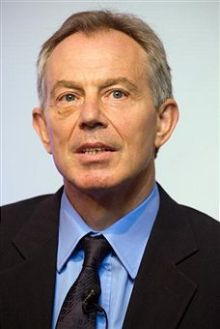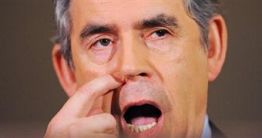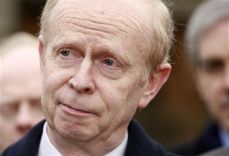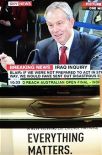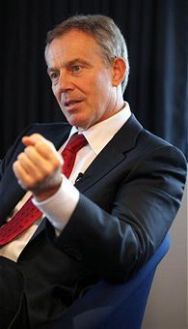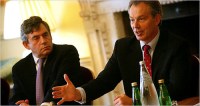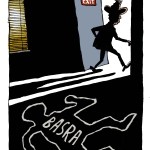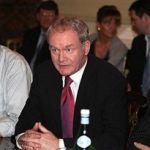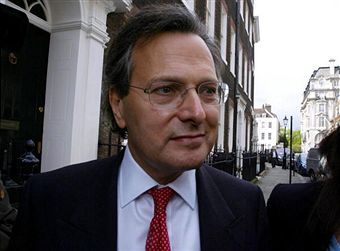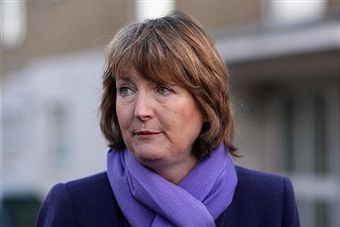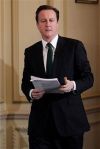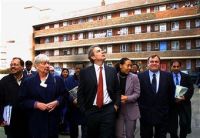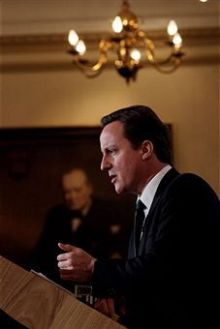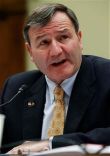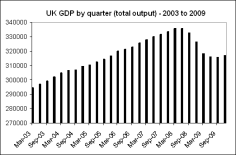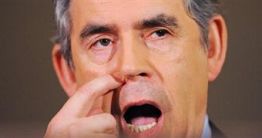Blair wants to tell Iranian tales
Iran. That’s the news story which poor Mr Blair is trying to spin to the panel – but they don’t pick up on his hints. It would have all been all right in Basra – he’d like to say – if it hadn’t been for those pesky Iranians. As Prime Minister, if he blamed Iran in public then that would have had implications. He’d have had to follow up on it. But now he wants to tell us, or he would if those chaps on the panel would kindly probe him on it. When he was talking to Baroness Prashar he tried to start: “If what you’d ended up having
